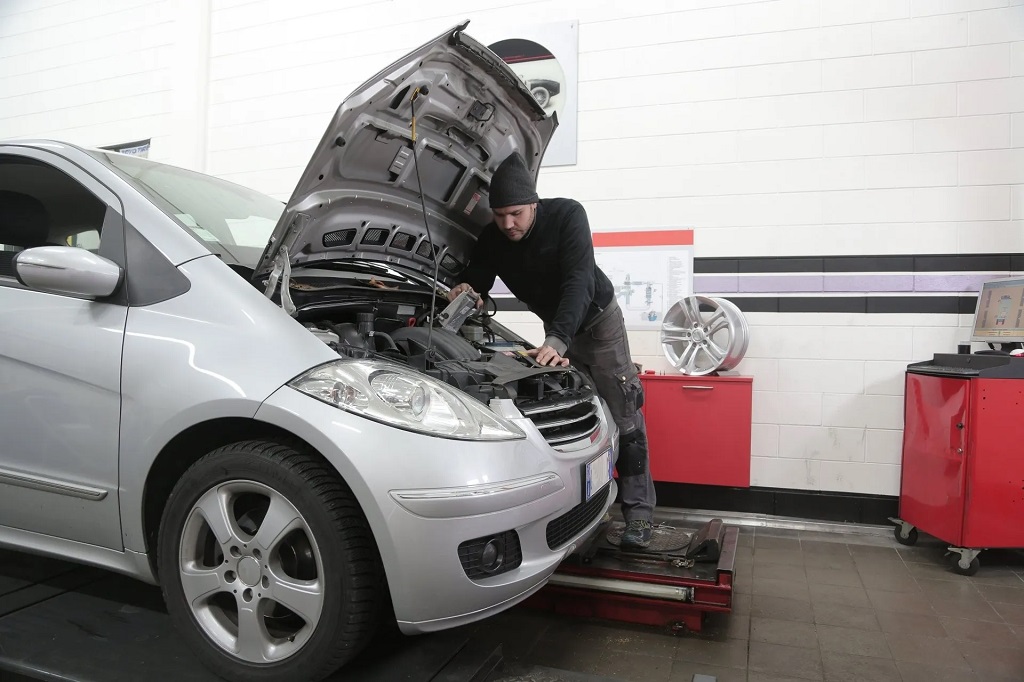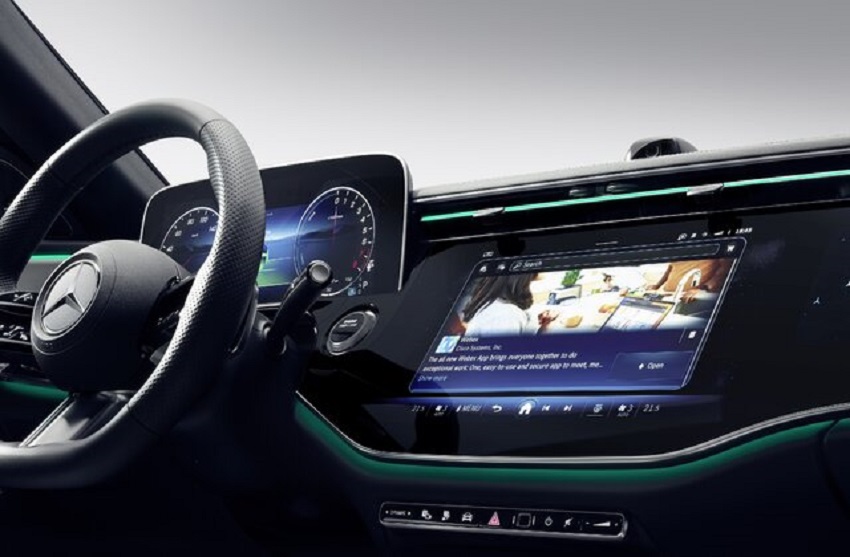Our cars are often companions on countless journeys, from daily commutes to unforgettable road trips. Just like any trusty companion, your vehicle deserves proper care to ensure it runs smoothly and safely for years to come. Regular maintenance isn’t just about preventing breakdowns; it’s an investment that significantly extends your car’s lifespan and saves you money in the long run.
This article equips you with valuable knowledge on essential maintenance tasks to keep your car running like a champ. Whether you’re a seasoned car owner or a new driver, this information will empower you to make informed decisions and keep your vehicle on the road for the long haul.
Understanding Preventative Maintenance
Preventative maintenance focuses on proactively addressing potential issues before they snowball into major repairs. Think of it as preventive healthcare for your car. By following a recommended maintenance schedule, you can identify and address minor problems early on, preventing them from developing into costly breakdowns.
Here are some key benefits of regular car maintenance:
- Enhanced Performance: Regular maintenance ensures your engine, transmission, and other vital components function optimally, leading to better fuel efficiency and overall performance.
- Improved Safety: Regular checks on brakes, tires, and other safety features minimize the risk of accidents and breakdowns.
- Reduced Repair Costs: Addressing minor issues early on prevents them from turning into expensive repairs down the road.
- Increased Vehicle Lifespan: Regular maintenance significantly extends the life of your car, saving you money on replacement costs.
Essential Maintenance Tasks: A Roadmap to Success
Now, let’s delve into the specific maintenance tasks crucial for your vehicle’s longevity:
- Oil Changes and Filter Replacements: Engine oil lubricates moving parts and reduces friction. Regular oil changes (following the manufacturer’s recommendations) and filter replacements are essential for maintaining engine health.
- Fluid Checks and Top-offs: Several fluids like coolant, brake fluid, and power steering fluid play vital roles in your car’s operation. Regularly checking and topping off these fluids ensures optimal performance and prevents overheating or component failure.
- Tire Maintenance: Proper tire inflation pressure is crucial for safety, fuel efficiency, and extending tire lifespan. Regularly check tire pressure, including the spare, and rotate tires according to the manufacturer’s recommendations.
- Air Filter Replacement: A clean air filter ensures clean air enters the engine, promoting optimal performance and fuel efficiency. Replace air filters as recommended by your car’s manual.
- Battery Maintenance: The battery provides the power to start your car. Clean the battery terminals regularly to prevent corrosion and have the battery tested periodically, especially in extreme weather conditions.
- Brake Checks: Brakes are essential for safety. Regularly inspect them for wear and tear, listen for unusual noises when braking, and have them serviced as recommended by the manufacturer.
- Spark Plug Replacements: Spark plugs ignite the air-fuel mixture in the engine. Worn spark plugs can lead to rough idling, decreased fuel efficiency, and difficulty starting. Replace them according to the manufacturer’s recommended intervals.
Beyond the Basics: Additional Tips for Longevity
While the tasks mentioned above are crucial, here are some additional tips to maximize your car’s lifespan:
- Consult Your Owner’s Manual: Your car’s owner’s manual is a valuable resource. It contains specific maintenance schedules, recommended fluids, and proper care procedures for your specific vehicle.
- Warning Lights Matter: Don’t ignore dashboard warning lights. These lights indicate potential issues that need to be addressed promptly.
- Listen to Your Car: Pay attention to unusual noises, vibrations, or changes in performance. Early detection of potential problems can save you money and prevent major breakdowns.
- Find a Reputable Mechanic: Building a relationship with a qualified mechanic allows them to understand your car’s history and provide personalized maintenance advice.
DIY vs. Professional Service:
While some maintenance tasks, like checking tire pressure or topping off fluids, can be done at home, others require professional expertise. Consult your owner’s manual and a trusted mechanic to determine which tasks you can handle yourself and which are best left to a professional.
The Rewards of a Well-Maintained Vehicle
Investing time and resources into regular maintenance reaps numerous rewards:
- Peace of Mind: Knowing your car is well-maintained provides peace of mind on the road. You’ll be less likely to experience unexpected breakdowns.
- Financial Savings: Regular maintenance prevents costly repairs down the road, saving you money in the long run.
- Increased Resale Value: A well-maintained car with a documented service history will fetch a higher price when you decide to sell it.
Related: 10 Tips to Maximize the Resale Value of Your Car
Conclusion: Building a Long-lasting Partnership with Your Car
By prioritizing preventative maintenance, you’re not just extending the lifespan of your vehicle; you’re building a long-lasting partnership. Regular care ensures your car operates safely, efficiently, and reliably for countless journeys to come. Remember, a little effort now translates to significant savings, peace of mind, and a trusty companion on the road for years down the line.
Empowering Yourself as a Car Owner:
Taking charge of your car’s maintenance doesn’t require becoming a mechanic. The knowledge provided here empowers you to make informed decisions, ask the right questions, and build a trusting relationship with a qualified mechanic.
The Road Ahead: A Commitment to Safety and Sustainability
Regular car maintenance isn’t just about extending your vehicle’s life; it’s also a commitment to safety and sustainability. Properly maintained cars produce fewer emissions, contributing to a cleaner environment. Additionally, a well-maintained car is less likely to experience breakdowns that could leave you stranded on the side of the road, promoting safety for you and other drivers.
So, the next time you get behind the wheel, remember the invisible crew working tirelessly beneath the hood. By prioritizing regular maintenance, you’re not just taking care of your car; you’re ensuring a safe, reliable, and enjoyable driving experience for miles to come.





